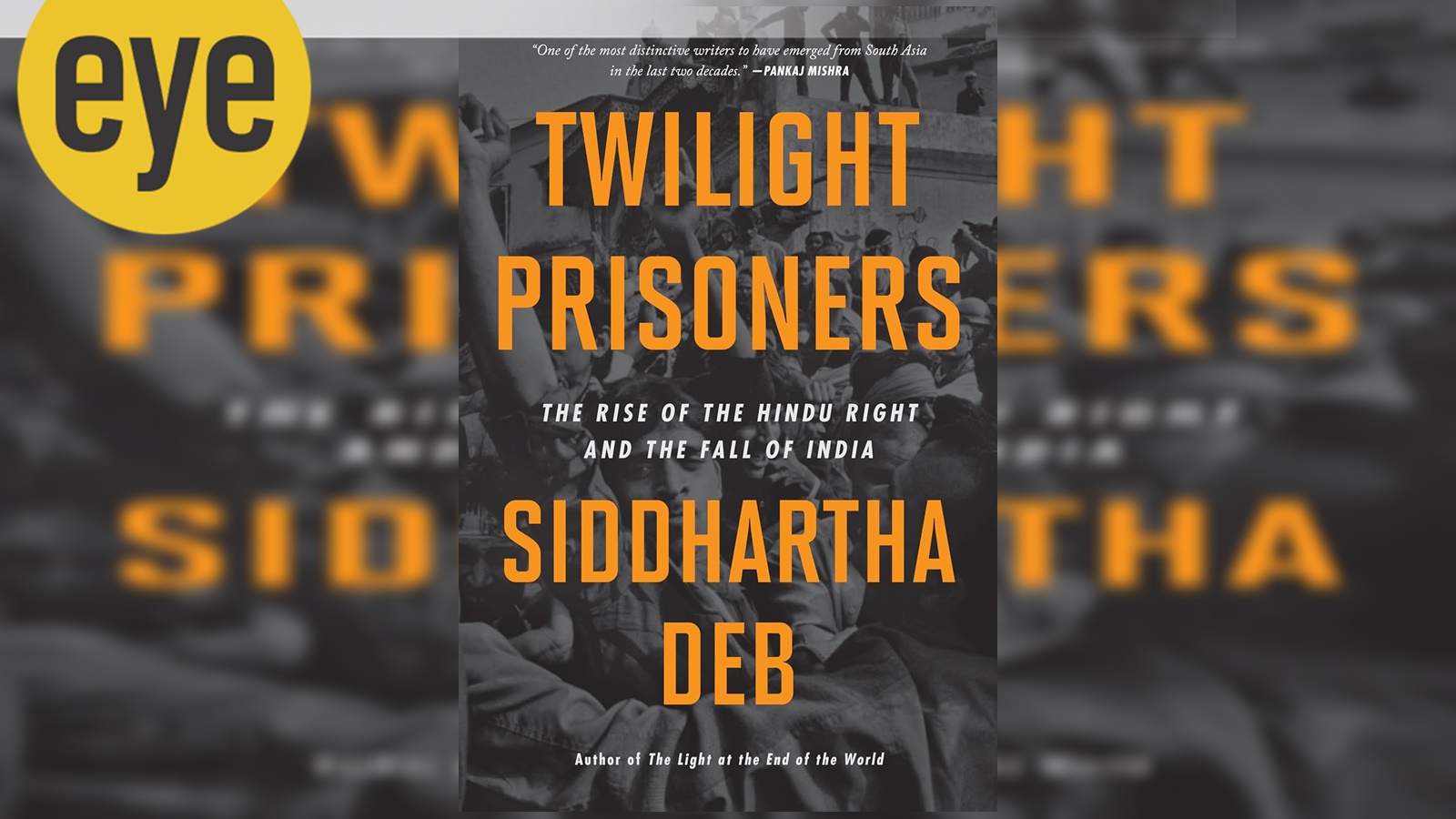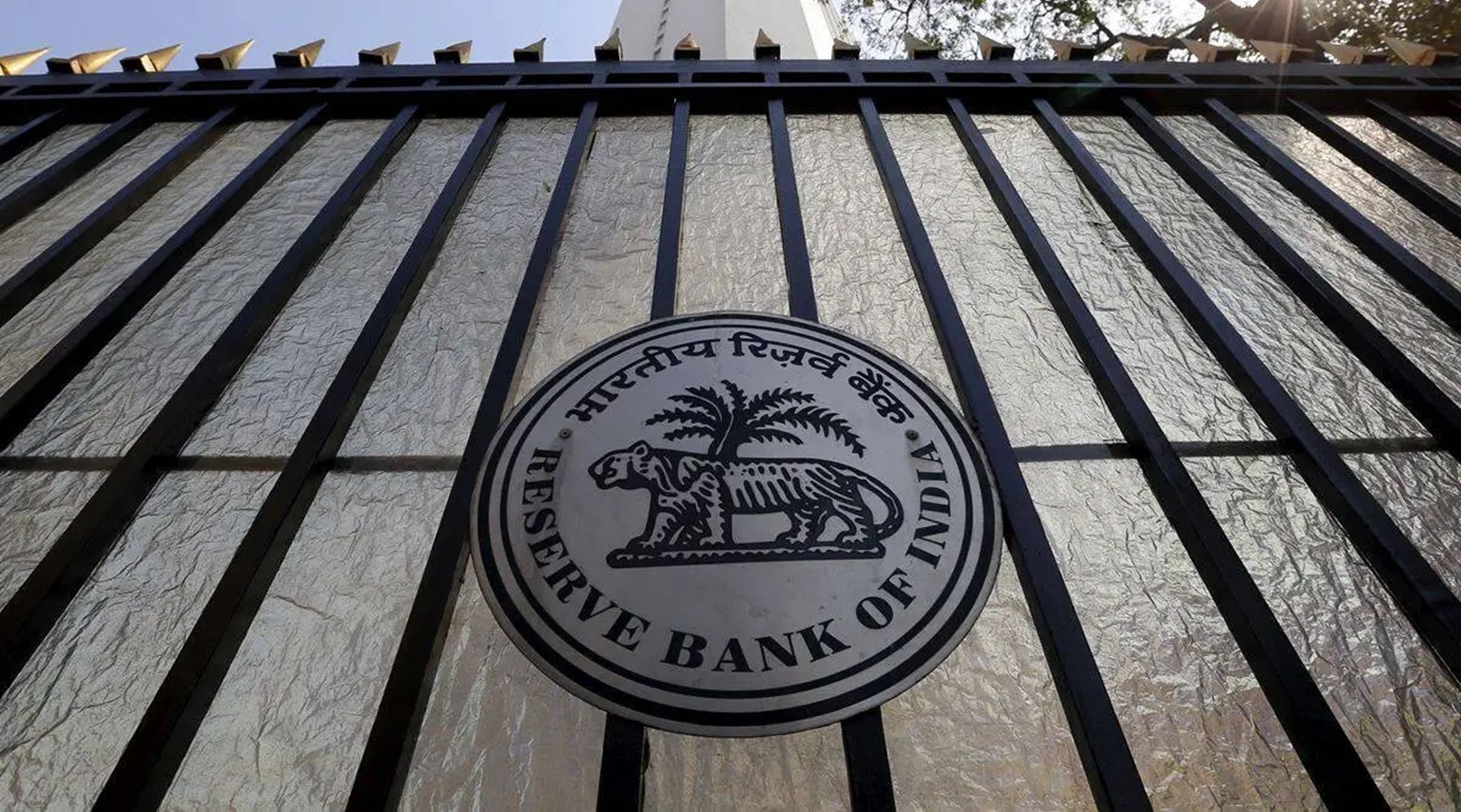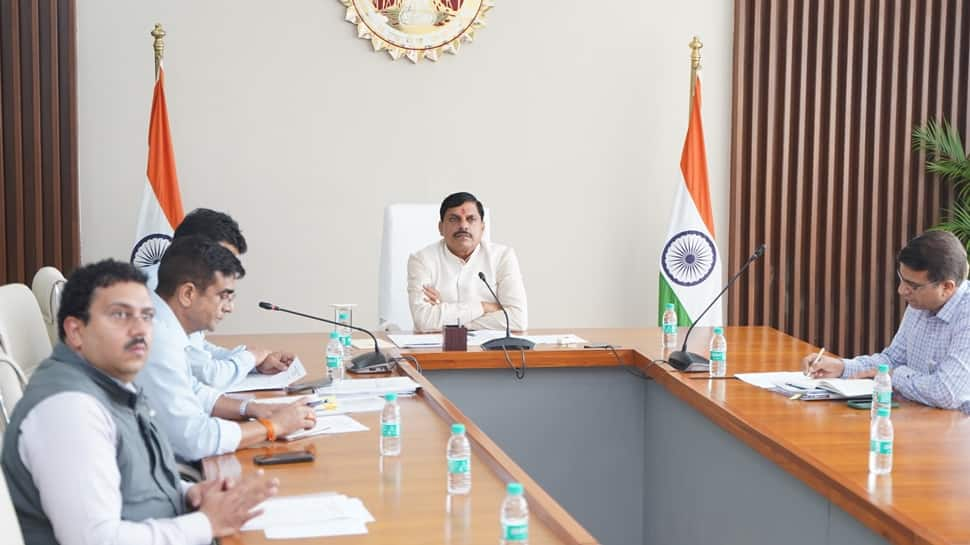Siddhartha Deb’s essay collection explores the history of shifting allegiances in modern India | Books and Literature News

Siddhartha Deb’s essay collection explores the history of shifting allegiances in modern India | Books and Literature News
It wasn’t coincidence that I sat devouring Siddhartha Deb’s 2023 novel The Light at the End of Everything (which is dedicated to “all ghuspetiyas everywhere, real and imagined, near and far”) right around the time the Prime Minister was deploying that particular word in his disturbing electoral campaign a couple of months ago. I’d read half of it last year, after which I’d switched over to another brilliant novel by another Shillong-born writer that explores the climate of history in today’s India — Anjum Hasan’s History’s Angel. The latter was infinitesimally subtle in its political connotations while the former was inundated with it, satire swelling out in every page, every line sometimes. Yet, they were united in their quest for historical clarity and even drew inspiration from the same Walter Benjamin quote that tries to reckon with the “storm of progress”.
The demagoguery of this election season reminded me that I’d left The Light… unfairly unfinished and also gave me a foothold to begin appreciating the unabashed violence (and perhaps necessity?) of resistance-prose. The second half of The Light… is much more riveting and gripping than the first, and I came away with the feeling that Deb possesses a distinctive penchant for sunsetting things. The feeling was reinforced when I picked up his latest offering — Twilight Prisoners: The Rise of the Hindu Right and the Decline of India – which, for those who have read his dizzying novel, will seem like the sober, non-fiction amanuensis that helped devise his novelistic virtuosity.

A collection of journalistic essays he has published over his long career, Twilight Prisoners tackles themes that largely overlap with his novel — the perilous situation of undocumented immigrants in the Northeast, fantastical interpretations of history led by civilisational insecurity, and the hounding of political dissidents.
The history of shifting allegiances is what underpins the complicated tale of modern India. I was initially wary of the clickbaity subtitle of the book, wondering if it was simply mirroring the binary nomenclature underpinning the gladiatorial elections after whose culmination the book was released. While the title perfectly captures the predicament of a citizenry facing the twilight of its nation’s first century-life, I wondered if the positioning of the Hindu Right against the word (now acronym) “India” was necessary at all. However, the book is less interested in plumbing binaries and more invested in excavating the process of history. What Deb captures is the decline of India’s democratic potential over the last few decades, a malaise that is merely coterminous with the rise of the Hindu Right – its most unrepentant and in-your-face symptom. Through his essay on the Bhopal Gas Tragedy, the worst industrial disaster in global history, we are shown how Indian elites’ fascination with industrialism have long spared little concern for the environment or the common man’s miseries. In his essay on Burmese dissidents in Manipur (first published in 2009), we glimpse India’s continuing disinterest towards encouraging democracy in its junta-ruled neighbour, beginning from the ’90s onwards, which has held disastrous consequences for peace on either side of the border. In an essay on the controversial National Register of Citizens and the building of detention centres in Assam, the emphasis on the BJP’s anti-Muslim prejudice is deepened by the astute closing remark that “the only structures of comparable size in the area are the military bases squatting on the banks of the Brahmaputra, a reminder of India’s [decades-long] brutal counter-insurgency operations in Assam.” On the whole, we are presented with a contextual slice of the way in which the centre-right and the extreme-right monopolised Indian politics, ushering in a neo-liberal ideology that has inextricably fused state power with corporate clout.
The second half of Twilight Prisoners carries Deb’s more recent reportage. In a piece describing a 2022 trip to Ayodhya, we glimpse a landscape ruled by perennial joblessness and feral cattle, but he also finds refreshing humour and gentle religiosity in local traditions far-removed from political hotspots. The contrast with history is often stark, like when Deb encounters a BJP pamphlet professing a medieval time when “virtuous Hindu men and women lived in sky-high mansions where the floors were heaped with gems”, even as he ponders over the alternative memories of the region evoked by the Buddhist-inspired domes of Ram Manohar Lohia University. The last three pieces in the book are exclusively dedicated to the throttling of critical thinking and dissident journalism – brief sketches of the killings carried out by the freaky psychedelic-induced Sanatan Sanstha cult, the imprisonment of writers and activists under the so-called “Bhima Koregaon conspiracy”, and a homely activist-portrait of Arundhati Roy from 2014, who has recently surfaced again in a ploy let loose by a government desperate to prove its vice-grip on power.

Such desperation is undoubtedly worrisome. The election results may have supplied a broad-spectrum-antibiotic resistance to the powers that be, but majoritarian infections require sustained clinical action to be fully controlled. The dreams of Midnight’s Children have grown twisted by the twilight hour, imprisoned by delusions of grandeur and machismo. We may turn to Deb’s hopeful book dedication yet again, which is “for those who listen to their hearts and who act on the belief that better worlds are possible” — a cliché that refuses to sink into the horizon.
Raghavan is an independent writer and researcher from Mysore. A New India Foundation fellow, his book, Rama, Bhima, Soma is forthcoming




